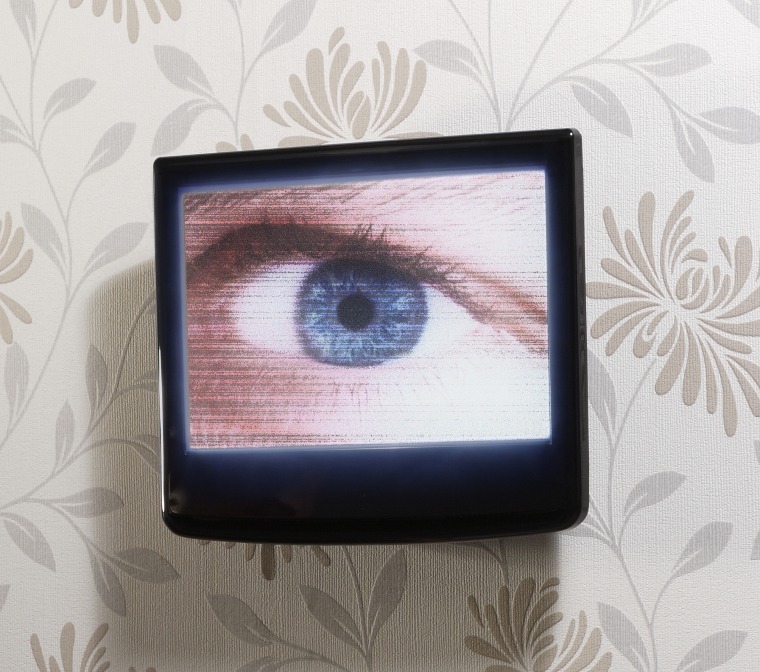A WikiLeaks dump of purported CIA documents has set off a flurry of questions about who may be watching you in your own home and without your knowledge.
The documents, which are only purported to be from the CIA, include allegations that the agency hacked into smartphones and laptops — and smart TVs — to spy on people around the world.
Related: Forget Smartphones: Should We Be Flipping for 'Dumb' Phones Instead?
Smart devices have already been turned into cyber weapons capable of shutting down part of the internet. With this latest allegation, is it time to go back to old-school, "dumb" devices to protect your privacy?
Alex Rice, chief technology officer at HackerOne, told NBC News that while the idea of spies watching you through your television is a "fun headline," the average consumer has no reason to be worried. The chances are slim to none that the CIA is listening to you through your smart TV or other home appliances, he said.
However, "There's not a whole lot you can do to protect yourself," Rice noted. "It's a depressing takeaway for consumers."
Related: Smart Devices are Now Cyber Weapons — Here's How to Stay Safe
How Do I Protect Myself?
It's important to remember that all internet connected devices are not only hackable, but also come with vulnerabilities.
For smartphones, it's important to run anti-virus software and ensure your apps are up to date. Lookout makes free anti-virus software for iOS and Android phones that can help you keep tabs on the health of your device.
However, "Consumers should be far more concerned about getting phished or malware than being targeted," Rice said. He cautioned that it's always a smart idea to practice good endpoint security in your home, ensuring your devices are hooked up to a secure Wi-Fi network that uses a strong password.
By knowing your favorite shows, smart televisions are designed to make recommendations. If that seems more creepy than helpful, the good news is that you can check to make sure your privacy settings are in place.
The general path for this is to select menu, settings and then choose "turn smart interactivity off."
You can also turn off tracking on your smart television to make sure it's not collecting data about you, such as your viewing history.
Samsung added an extra level of interactivity to its smart TVs with voice commands. While the televisions only collect data when you make a voice command, according to Samsung's policy, you can play it safe by disabling voice commands by checking the settings screen.
Smart TV company Vizio was hit with a $2.2 million fine last month by the FTC and the State of New Jersey over charges it collected viewing histories on 11 smart TVs without user consent.
As for those voice-activated smart speakers, such as Amazon's Echo or the Google Home, you can always press the microphone mute button when it's not in use.
You can also go into your speaker's respective app to delete your search history and commands.
How Do I Know If I've Been Hacked?
While there are some ways you can take control, the bad news is that it is often difficult to tell if your smart devices have been compromised.
Last October, the Mirai botnet used hacked smart home devices to take down Dyn, a domain services company, by flooding its servers with artificial traffic. The attack resulted in many popular websites such as PayPal, Twitter, and Amazon being offline for part of the day.
Related: DDoS Attacks on Internet Came From Sophisticated Mirai Botnet
As for those cyber weapons in the home? Experts say it's unlikely you would ever know if your smart camera was compromised.
Cybersecurity companies are catching up, though: At the Consumer Electronics Show in January, Arris debuted a Wi-Fi router that scans your smart home devices by using McAfee's Global Threat Intelligence.
If the router senses suspicious activity on your smart lamp or that camera you have in your child's room, it will suspend access, ensuring your devices can't be used for anything malicious.
But while high-tech gadgets can offer another layer of protection, Rice said that it's important to remember that if there's a reason for the CIA to hack you, they can likely figure out a way to do it.
"If the CIA really wants to spy on you and has the legal mandate, they will find a way," he said.
